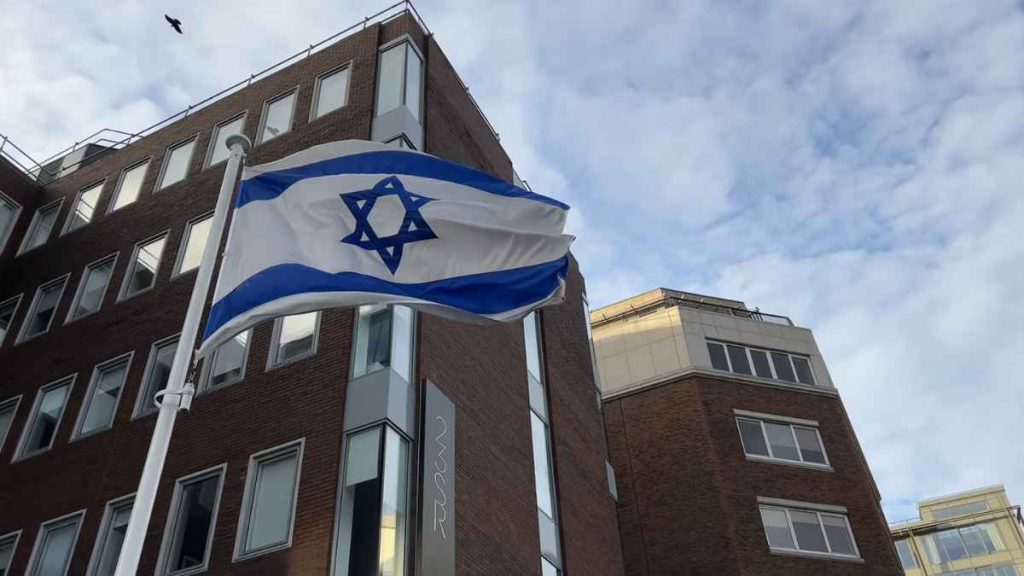The closure of Israel’s embassy in Dublin has sparked an unexpected opportunity for the Palestine Museum US. Faisal Saleh, the museum’s director, envisions turning the former embassy offices into a permanent European, Palestinian art gallery, symbolically transforming a site associated with conflict into a hub for culture and peace.
The Israeli government announced the embassy’s closure on 15 December, citing Ireland’s recognition of a Palestinian state and its support for South Africa’s genocide case against Israel at the International Court of Justice. Israel’s Foreign Minister, Gideon Saar, stated that the decision reflects Ireland’s “extreme anti-Israel policies,” claiming the country has crossed “every red line.”
Ireland’s Taoiseach, Simon Harris, responded, condemning the move as “deeply regrettable” and affirming Ireland’s commitment to peace, human rights, and international law. Harris reiterated Ireland’s support for a two-state solution, emphasising that Ireland is not anti-Israel but pro-peace.
Saleh, whose museum recently hosted Art Under Fire in Bantry, County Cork, sees potential in the vacant embassy space on Shelbourne Road in Ballsbridge, one of Dublin’s most prestigious neighbourhoods. The property, owned by Spectre (Shelbourne), is now an appealing prospect for the museum, which has long considered establishing permanent bases in Europe. Saleh noted that a European base would reduce shipping costs for exhibitions, making the museum’s work more sustainable.
“Transforming the former Israeli Embassy into a Palestinian art space would be a practical and symbolic move,” said Saleh. “It’s about changing a war zone into an art zone.” He has already begun exploring how to contact the building’s owners and is buoyed by the overwhelmingly positive response on social media, with thousands of views and comments expressing enthusiasm and pledges of support.
The idea has also gained traction among Irish artists and activists. Jane Jermyn, an Irish artist and member of the Cork Palestine Solidarity Campaign, described the proposal as an opportunity to “remove the stain” of the embassy’s presence and showcase Palestinian art. She highlighted the significance of art as a universal language that humanises the Palestinian experience and documents their struggles through powerful works, such as portraits by Bayan Abu Nahla.
The potential gallery would build on Ireland’s longstanding solidarity with Palestine, rooted in shared experiences of colonisation and occupation. Saleh remarked that Ireland provides greater freedom to criticise Israeli policies compared to other European nations, noting restrictions in countries like Germany.
As discussions about the building’s future unfold, the prospect of a Palestinian art gallery at the heart of Dublin stands as a poignant symbol of cultural resistance and international solidarity. For supporters like Saleh, the transformation of this space represents not just a practical solution but a powerful statement of hope and peace.



1 Comment
There are certainly plenty of particulars like that to take into consideration. That is a great point to convey up. I provide the ideas above as normal inspiration but clearly there are questions like the one you carry up where the most important factor will be working in sincere good faith. I don?t know if finest practices have emerged around issues like that, however I am positive that your job is clearly identified as a fair game. Both boys and girls feel the influence of only a second’s pleasure, for the remainder of their lives.